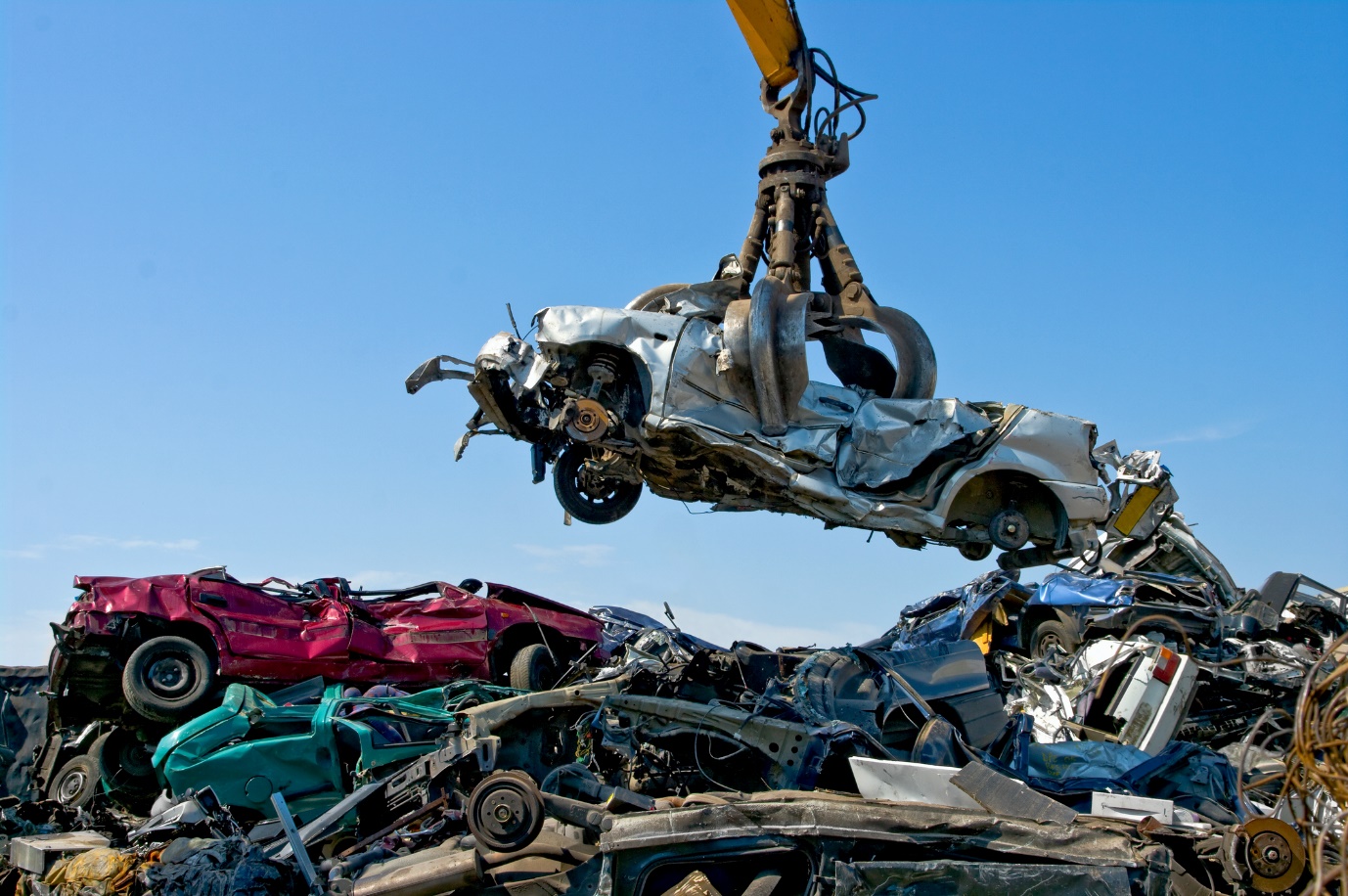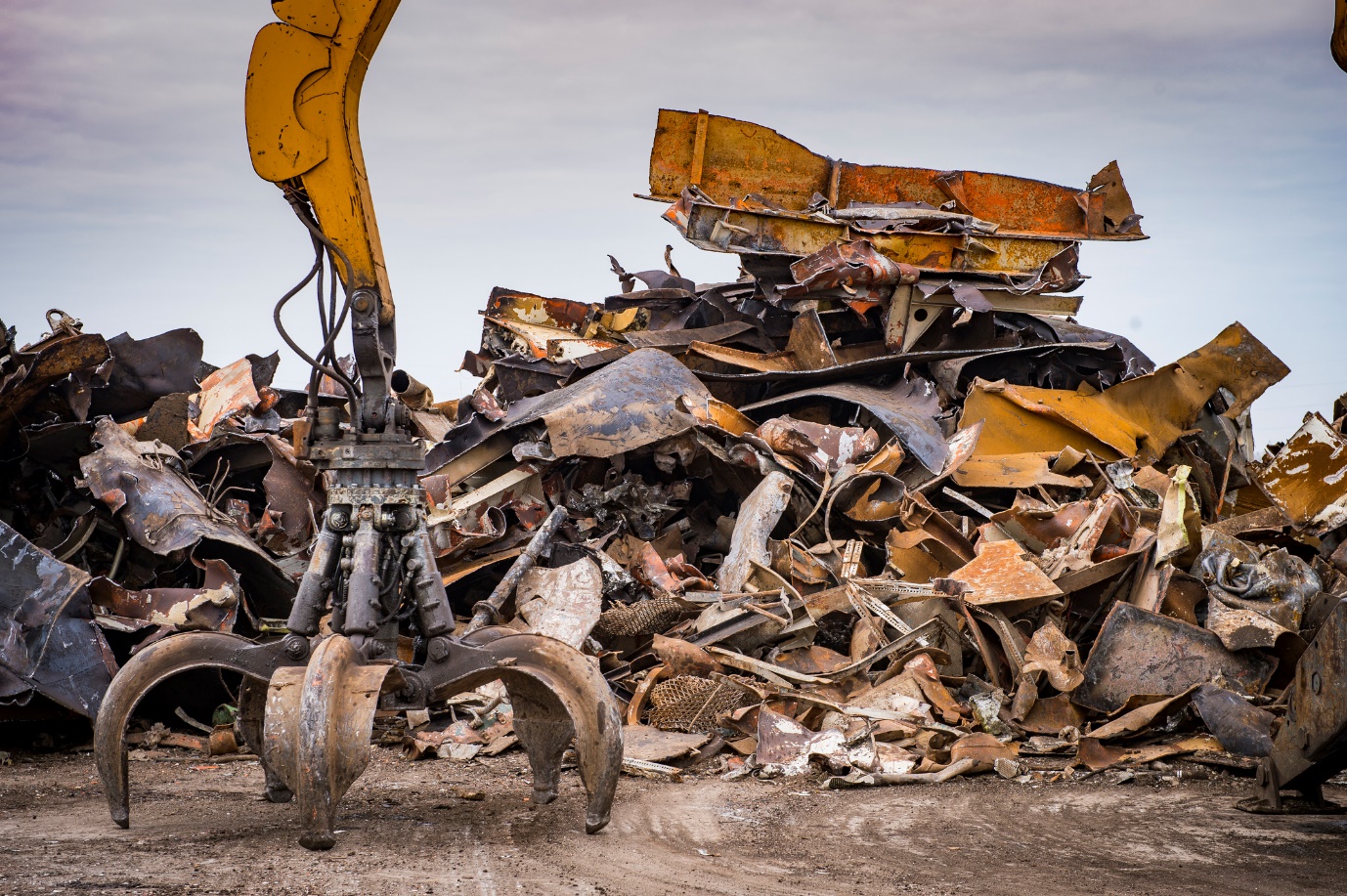COVID-19 has impacted virtually every industry across the UK. The first nationwide lockdown and subsequent restrictions and changes to working practices have caused unparalleled disruption never seen before. The recycling sector has not been exempted from this turmoil.
The prices and delivery of scrap metal have been affected by the pandemic, and with so many construction workers using the furlough scheme, many scrap yards have been shut down or working at reduced capacity, affecting the market growth. The scrap metal recycling market is dependent on metal prices, and changes to this market have had a significant impact on recycling habits and the scrap shredder market.
Changes in Value
COVID-19 put a halt to the shipment of scrap metal, with many plants across Europe being shut down due to restrictions. With the fall in production, the demand for scrap metal recycling has fallen. The price of aluminium is still underperforming because nearly all UK aluminium smelters have been closed down. Due to the scarcity in scrap, some countries even began to impose bans on the exporting of scrap metal, such as the United Arab Emirates and South Africa.
As some countries begin to reopen their economies, demand for certain metals is rising, such as copper, but the supply is still disrupted, which is driving up the price. The low prices on the UK metal market, however, is causing its own disruption as many traders are storing their expensive metals and not handing them over for scrapping. This is due to the low prices currently being offered, with traders likely holding out until the economy starts to recover.
Recycling Supply Chain
The rate of recycling across the UK has seen a drop. Social distancing has meant that recycling centres have typically been closed to the public or have had restrictions only allowing members of the public to drop off one type of waste per visit.
Greater Manchester has seen a 5.1% drop in recycling in the first quarter of the 2020/21 financial year, compared to the same period in 2019. Recycling is crucial, especially at the moment as it provides essential materials to support the NHS. So it’s vital that collection and recycling continue to provide the materials needed, keeping them out of landfill.
At Morecambe Metals, we do just that. We specialise in scrap metal recycling, processing and collection from both ferrous and non-ferrous materials. Working with several markets, from commercial to trade and corporate, we ensure that metals are being recycled and used by companies who need it, so that the supply chain keeps going.
Future Outlook
Every recycling business faces a serious challenge, especially those in the construction and manufacturing industry. The UK recycling industry supplies materials across the globe, and other countries are facing similar problems due to the pandemic, meaning that they are closing their markets to some of our recovered materials. Without these end markets, some recycling operators are competing for warehouse space with other sectors.
But things are changing. While COVID-19 has temporarily put the brakes on the industry, scrap metal recycling is projected to continue to grow in the future. As recycling facilities develop and better waste collection systems are implemented, business opportunities will continue to appear, creating thousands more jobs.
It will likely take some time, with some initial upfront costs, but once the UK begins to transition into a post-COVID-19 world after yet another lockdown, the recycling sector will be a crucial player in helping to rebuild the economy.
At Morecambe Metals, we are a scrap metal recycling and processing company based in Morecambe. We offer scrap processing services throughout the Northwest, including scrap metal recycling, scrap metal processing and scrap metal collection.
Morecambe Metals can recycle and process ferrous and non-ferrous metals, deal with end-of-life vehicles and send vehicles to you for scrap metal collection. Contact us today if you’d like to learn more about any of our services.



